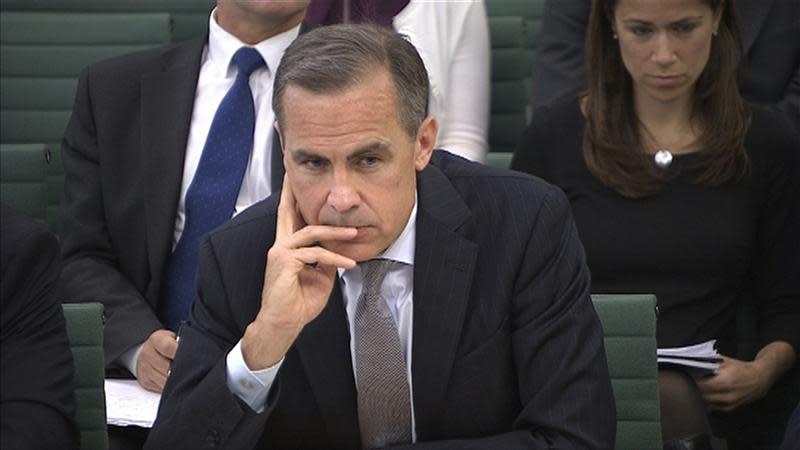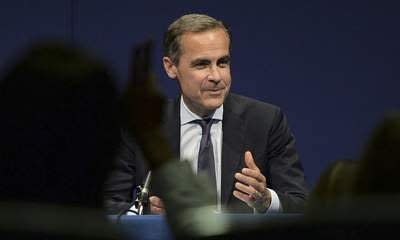Bank Of England Fuels Rate Rise Speculation
Speculation has intensified that the Bank of England may start to lift the base rate of interest earlier than it had anticipated.
Minutes of the last meeting of the Monetary Policy Committee (MPC (KOSDAQ: 050540.KQ - news) ) showed the nine-member panel believed unemployment was falling and the economy growing faster than previously expected.
The October meeting concluded that joblessness in the second half of the year looked set to be lower than was thought at the time the bank published its new forward guidance policy on rates in August.
New governor Mark Carney announced then that the base rate would not be increased from its historic low of 0.5% until after unemployment had fallen to 7% in a bid to give mortgage customers, the consumer and markets some idea of a timeframe to prepare.
The Bank indicated at the time that this was not likely to happen until 2016.
But most economists are convinced that this will happen much more quickly and now the Bank has hinted that it is starting to come around to their point of view.
Latest jobs figures showed the unemployment rate at 7.7% and a fall in the number of those claiming Jobseeker's Allowance together with surveys of employers' intentions, suggested it would drop over the rest of the year.
This fall was likely to be "at a faster pace than anticipated at the time of the August inflation report" - the time when the Bank unveiled the forward-guidance policy, the minutes said.
The MPC meeting agreed unanimously to leave the base rate at 0.5% and maintain the quantitative easing (QE) programme pumping money into the economy at £375bn.
None of the nine-member committee wanted to tighten policy - cutting QE or raising rates - while improvements in the economy meant all agreed there was little case for increasing monetary stimulus further, the papers revealed.
They also showed that the Bank's experts believe growth in the second half of the year would be 0.7% a quarter "or a little higher", stronger than had been expected in August amid a "robust recovery in activity" in the UK.
It had already revealed last month that it had lifted its forecast for third quarter growth to 0.7%.
The revival in the housing market - buoyed by the new Help to Buy mortgage guarantee scheme - together with cheaper imported goods on the back of the rising pound, would improve consumption, policymakers found.
On the other hand, export performance looked to be at risk because of difficulties in the US and a sharp slowdown in emerging economies.
But it was the Bank's more bullish mood on the level of spare capacity or "slack" in the economy - of which unemployment is a key measure - that appeared to mark a significant change in tone.
Policymakers said falling unemployment appeared to reflect growth in full-time permanent jobs and there was "no reason to believe it to be erratic" while average hours had continued to rise.
"It now therefore seemed probable that unemployment would be lower, and output growth faster, in the second half of 2013 than expected at the time of the August inflation report," they said.
The minutes acknowledged that expectations in the market were for an interest rate rise to take place in November 2015, at least a year earlier than the Bank has indicated.
More From Sky News

 Yahoo Finance
Yahoo Finance 

